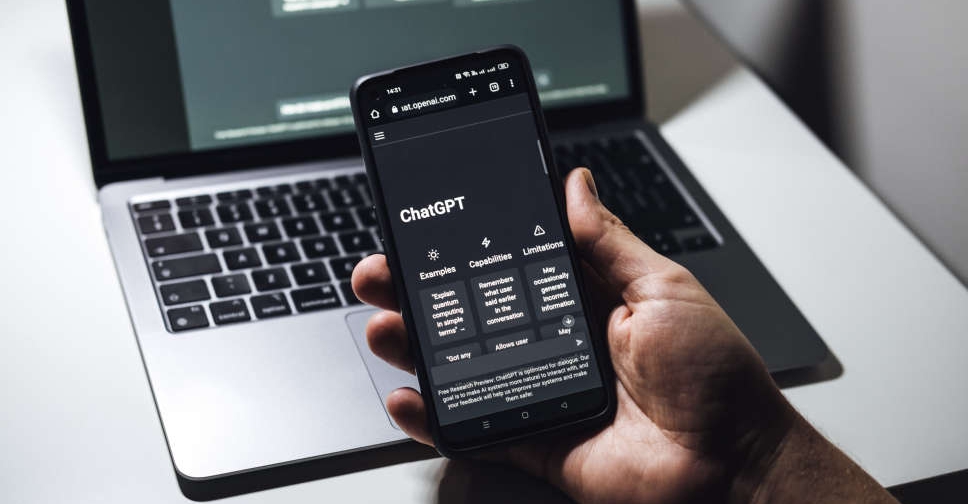
File image
UK-based newspaper The Guardian has blocked entry to its web site for OpenAI, the proprietor of ChatGPT.
This determination follows rising apprehensions about OpenAI’s use of its crawler to scrape content material from web sites.
In a report revealed on its web site final week, The Guardian cited mounting considerations that OpenAI’s ChatGPT platform had been “utilising unlicensed content to fuel its AI tools,” a state of affairs that had already resulted in authorized actions introduced forth by writers in opposition to the corporate.
This transfer comes on the heels of OpenAI’s announcement final month that it could allow web sites to stop its net crawler from accessing their content material.
Numerous different on-line publishers have additionally opted to dam OpenAI’s crawler. Among the notable publications being AE Daily News, Reuters, The Washington Post, Bloomberg, The New York Times and The Athletic.
It is price noting that the OpenAI net crawler features by accumulating data from varied web sites, which it then employs to help in producing AI-generated content material. Beyond the realm of news publishing, different web sites have additionally opted to dam OpenAI’s crawler in an effort to safeguard their very own digital property. These embrace well-liked platforms corresponding to Lonely Planet, Amazon, Indeed, Quora and Dictionary.com.
Earlier this week British ebook publishers additionally urged UK Prime Minister Rishi Sunak to incorporate discussions on the safety of mental property rights within the agenda of an upcoming summit on AI security scheduled to happen in November. This push for enhanced mental property safeguards underscores the rising considerations inside the business concerning the unauthorised use of digital content material within the discipline of synthetic intelligence.

